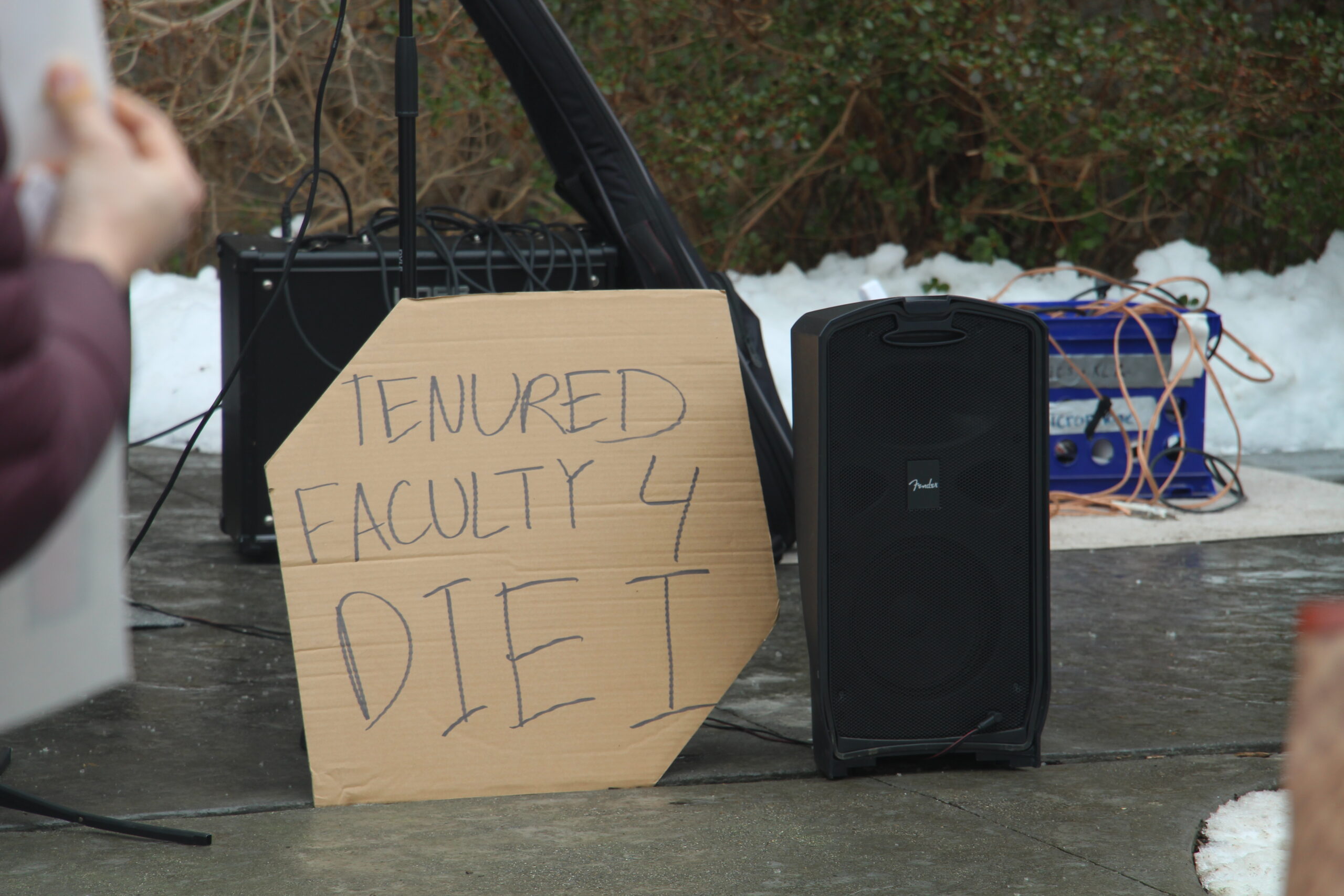Editors’ Note: Special Counsel Robert Mueller recently delivered his findings on Russian interference in the 2016 Presidential elections and possible obsturction of justice by President Trump to the Attorney General. Disclosures from Mr. Mueller’s report seem to satisfy neither Mr. Trump’s critics nor his defenders, especially given the public’s high expectations for answers. Seeking to foster more bi-partisan dialogue on campus, the Voice has partnered with Connecticut College Democrats (CCDems) and Connecticut College Republicans and Conservatives Club (CCRCC). The pieces below reflect the unofficial positions of both clubs. Read the piece written by Austin Smith ‘20 has written for CCRCC.
On March 24, U.S attorney general William Barr released a four-page summary of his “principle conclusions” from Special Counsel Robert Mueller’s report on Russian interference in the 2016 presidential election. The submission of this report marks the end of the 22-month investigation. It’s safe to assume that everything is fine and dandy now, right? Think again. In the wake of Mr. Barr’s summary, Congress appears divided on whether the Mueller report should be released to the public. Republicans have rushed to the convenient conclusion that the President has been vindicated and that no further investigation is necessary. The Democrats, on the other hand, are not entirely satisfied with Mr. Barr’s summary. As a result, they have demanded that Mueller’s report should be released.
In the midst of all this drama, numerous questions arise. How reliable is Barr’s summary? Is it truly non-partisan? Most importantly, do the American people have a right to see Mueller’s report? In all honesty, it is highly questionable whether Mr. Barr’s summary is accurate. After all, prior to his appointment as Attorney General, Mr. Barr published a 19-page memo arguing that Mueller’s investigation into whether the President obstructed justice was “misconceived.” The memo itself heavily implies that Mr. Barr could have been biased in favor of his boss. Could it be that Mr. Barr relied on his own skewed definition of obstruction of justice when drawing his own main conclusions on the report?
Prominent Democrats have been clamoring for full transparency over the past few days. Senator Richard Blumenthal of Connecticut put it best by saying that the American people deserve to see the complete facts and evidence of Mueller’s report, especially since the report is unclear about a possible obstruction of justice by the President. Recently, at an event, former candidate for Georgia governor Stacey Abrams humorously described that relying solely on Mr. Barr’s summary was like “having your brother summarize your report card to your parents.” As convenient as reading it may be, this four page summary isn’t enough to draw conclusions. In fact, whether or not the American people should learn what really happened during the investigation should not be a partisan issue. A well-established trust in government is one of the fundamental aspects of a democracy. By keeping his arguments vague, it is possible that Mueller wanted to leave it up to Congress to draw its own conclusions.
Regardless of the fog of controversy surrounding it, the Mueller investigation does reveal certain facts. Russia did interfere in the 2016 election in an attempt to delegitimize our democracy. The sole purpose of Mueller’s investigation was to determine how this foreign adversary specifically tried to manipulate our elections and who was involved. Releasing the Mueller report in full will give the American people a chance to learn what Russians did to manipulate the country’s election system, but also ways to prevent it from happening again. The very fate of our democracy may depend on it. •









